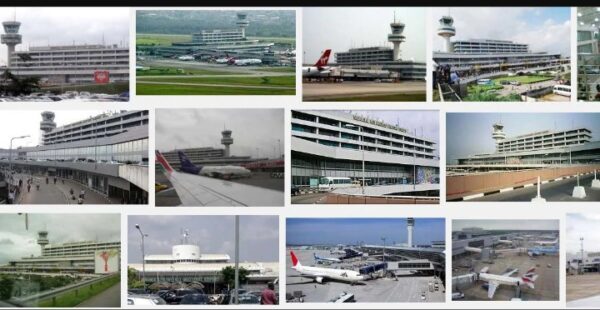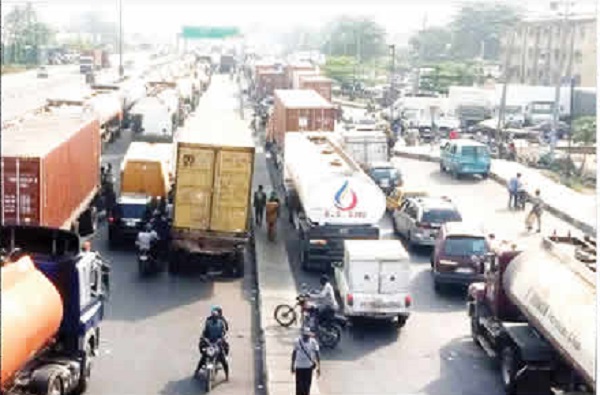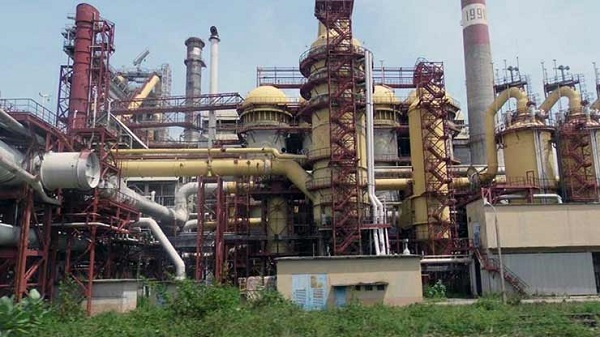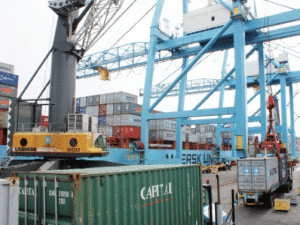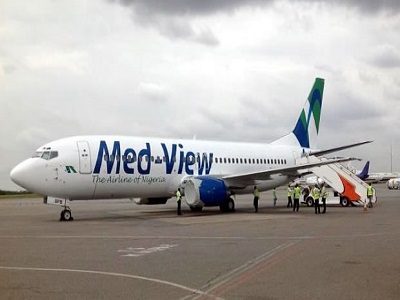NAGAFF Reacts To Bloated Signatures Requirement In Cargo Clearance
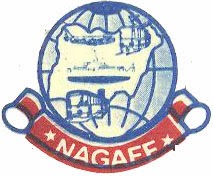
The National Association of Government Approved Freight Forwarders (NAGAFF) has reacted to a disturbing maritime publication that alleged that 70 signatures are required to clear cargo from Tincan Island ports and 40 at Apapa, describing the claim as a mockery of the port reform and Customs modernization efforts.
In a statement signed by the President of the association, Chief Eugene Nweke, he stated that the claim was highly unacceptable in relation to the collective quest by stakeholders to achieve 48 hours cargo clearance and the evolution of e-commerce, e-payment, e-transactions in line with world best practices.
In his words, “We wish to recall that, sometimes ago, the Independent Corrupt Practices Commission (ICPC), in conjuncture with the duo of Bureau for Public Procurements(BPE) reported that 79 signatures are required to release cargo out of the Nigerian Ports, we challenged the ICPC to publish its collated specimen signatures, using a particular importation as example, indicating points and mentioning functions where this signatures where endorsed or signed or are required in the course of Cargo clearing processes, starting from vessel discharge to cargo delivery.
“We did also note that, from our last checks on the appropriate signatures required in the international trade (imports/exports clearance) flow, beginning from the; trade inquiry, opening of form M, Documentations, submission of Manifest, Berthing Meetings / operational clearance process ( from vessel discharge, cargo documentation, examination, Scanning, Regulatory agencies release/endorsements, Customs release, Shipping Company release, Terminal release, Cargo Exiting/Delivery), in the whole of the these notable processes above, a total of 27 signatures was observed, which we also noted to be considerably high.” He enumerated.
According to Nweke, “we begin to question the import of this sensational claims, as it has been noted that, most Manufacturers are on the “Customs Fast Track Status”, which makes their imports not to go through the usual clearance rudiments and processes. Their official working tables, does not in any way implies that, every single imports passes through the whole tables in the course of cargo clearance.”
He further said, “It is obvious, that, human contact to cargo still abounds, in our Customs Ports environment, but it is rather outrageous for any stakeholder to insinuate or propagating that, cargo clearance out of our ports system requires more than 70 signatures is totally unacceptable to us.
“However, in the context of propagation for trade facilitation in our international gate ways, without prejudice, what the Manufacturers are not saying but subtly insinuating, is that, time to integrate the imports clearance flow in our ports into a single central import clearance warehouse is over due. He affirmed.
Nweke admonished, “Unfortunately, the distrust between the Customs and the Traders have not helped situations. A larger percentage of the trading public are dishonest in their business dealings and are termed “non compliant importers and exporters.
“While the non compliant importers and exporters continuously chooses to cut corners, Customs enlightenment positions remains that; “One of the ways in which an importer and exporter can minimize the risk of delays is to abide by rules of engagements and adherence to regulatory requirements, so that they can be accommodated in the existing window of Fast Track treatments, that requires compliance for greater disclosure of informations, selection interface with the Customs automated system and a requirement for a sound financial positions among possible elements. He said.



